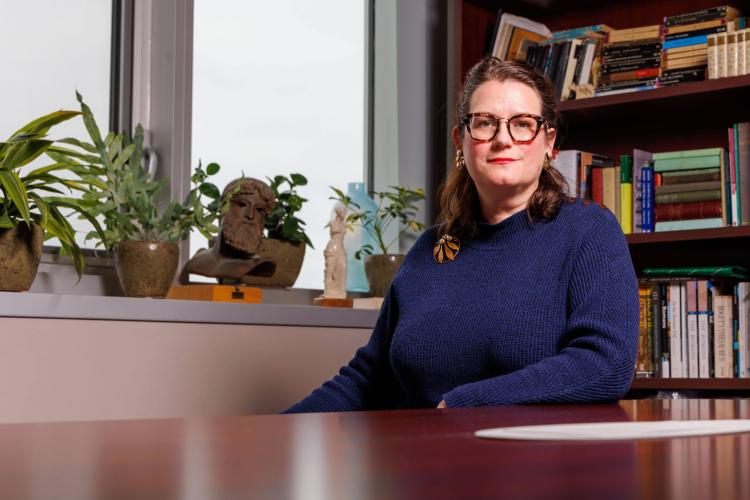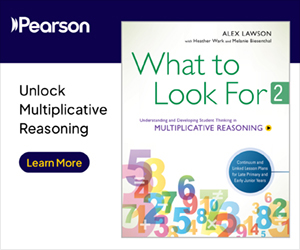
Associate Professor of Classics and Archaeology Katharine T. von Stackelberg has been appointed Associate Dean, Undergraduate Student Affairs and Curriculum in the Faculty of Humanities, effective July 1.
von Stackelberg aims to provide constructive support to everyone who accesses services provided by the Office of the Dean, where she will play a key role in shaping the experience of undergraduate students.
With a wealth of experience guiding students, including most recently as Chair of Classics and Archaeology, von Stackelberg is passionate about providing help that creates a pathway to stability and growth.
"I have seen first-hand how critical it is that students have the support they need, through positive times and especially when they are facing challenges," she says.
The Associate Professor of Classics firmly believes Humanities graduates have bright futures in front of them.
With a generation of people immersed in digital communications and the development of artificial intelligence, von Stackelberg points to studies showing the value and significance of human connection.
This has helped build the reputation in business contexts that Humanities are a valuable training ground for "soft skills," she says, producing graduates adept at making meaningful connections in the world across all professions.
"Critical thinking, empathy, creativity Humanities is a grand repository for these and many other vital traits," she says. "At its core, Humanities is about communication; communications between people that help us build a better life for ourselves and future generations."
With a wide range of Humanities fields exploring these questions, von Stackelberg says students aren't restricted to prescribed steps and pre-determined paths.
Inspired by her grandfather who was a master forester, she often uses trees as a metaphor to illustrate studying Humanities.
"A tree will establish its roots building a strong foundation and will branch out as it grows. While they are all part of the same emerging pattern, each tree will be unique," she says.
In her research, which focuses on Roman history and ancient environments, von Stackelberg is particularly interested in Roman gardens and explores the meaning of landscapes in the ancient world.
"Ancient gardens showcase the choice of a person, and those choices were determined by historical, cultural and political factors. The role of human intervention in ancient landscapes has much to show us about how gardens were used, and how that has changed over time," she says.
von Stackelberg also examines the feminization of nature and the often default perception in western cultures that nature is a "woman."
In Roman nature writing, nature is often presented as a mistress, bride or captured slave, but von Stackelberg has recently found other Roman writings that counteract this portrayal which do not gender nature.
"We are discovering that some Romans perceived gardens as a place where gender norms were not set in stone, instead acting as a safe place where gender identity could be played with and explored," she says.
Contemporary feminist ecocriticism explores similar themes, von Stackelberg says, just one example of the many parallels between ancient civilizations and current day life that reveal deep insights into human nature.













